Once again, the United Nations (UN) has shown its dysfunction and preference for “selective punishment” and downright double standards, in its response and inaction to the catastrophic humanitarian crisis taking place in Sudan. The UN is not short on making impassioned statements, but that is all. The old saying that “too many cooks spoil the broth” is applicable here also. There is too much outside interference which have their own selfish agenda and has derailed any hope for an immediate ending of this atrocity. Separate from the internal squabbles, there is Egypt and Saudi Arabia backing the SAF, and the RSF is being backed by the United Arab Emirates. In 2021 Saudi Arabia, the United Arab Emirates, the United Kingdom, and the United States formed the “QUAD;” the announced reason was to “return the country to democracy.” It is important to understand how Sudan got to this point.
Social Unrest and the Overthrow of al-Bashir
In April of 2023, any hope for peace in Sudan was shattered when the Sudanese Armed Forces (SAF) and the Rapid Support Forces (RSF), went to war against each other. The RSF carried out a bloody attack on civilians at the Zamzam refugee camp located in Northern Darfur. The camp was destroyed, approximately 150,000 persons were reportedly killed, and almost 13 million people were displaced from their homes. According to UNICEF four million of those displaced are children. What is surprising in this scenario is that both factions belong to the Sudanese military. This open conflict was the culmination of dissent and social disorganization that had been brewing in Sudan for years before this.
In 2018, the Sudanese masses erupted into mass protests over the cost of living, the continued breakdown of social services, and there was obvious unrest within the military. The mass protests were led by a conglomeration of about five different organizations; the protests eventually caused the ouster of then President Omar al-Bashir. With the military takeover and the formation of the Transitional Military Council, led by General Abdel Fattah al-Burhan, peace seemed possible. The myriads of organizations that led the protests that ousted al-Bashir formed what was called Forces for Freedom and Change (FFC). Because of ongoing public pressure, the military was soon forced to sign an Agreement in 2019 to oversee the transition to civilian rule. The African Union (AU) helped set up the Transitional Sovereignty Council, which was composed of military and civilian personnel. With the appointment of a Prime Minister and Chief Justice, a glimmer of hope for peace and stability appeared to be in reach.
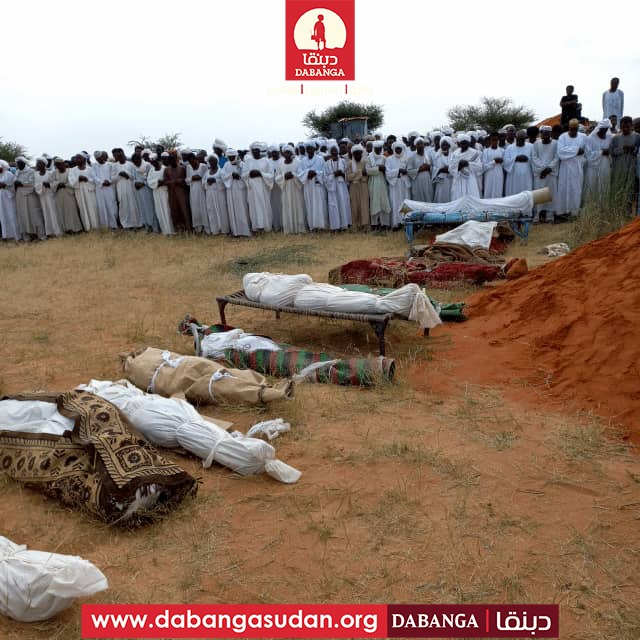
Burial for victims of the El Koma market airstrikes, October 2025 - Photo: RD
The Same Old, Same Old – “New Wine in Old Bottle”
If there is to be a revolution or meaningful social transformation, there must be a decisive break with the past, which means a break from past corrupted personnel, practices, and discredited Policies. This was not the case in Sudan. After a series of unsuccessful coups, in 2021 General Abdel Fattah al-Burhan took over; members of the old al-Bashir regime were brought back into government. Both al-Burhan and Lieutenant General Mohamed “Hemedti” Hamdan Dagalo – part of the military takeover – were involved in atrocities against the people of Sudan during al-Bashir’s presidency. Even more critical now, is the fact that both men have material interests in the gold mines of Darfur and Kordofan.
Critical in charting and executing the path for social transformation, is the knowledge and importance of a revolutionary theory; a theory that guides the actions, strategy, and tactics of the leadership of the Movement. This was obviously missing among the various social groups that led the protests up to the point of the fragile but temporary halting of hostilities. One sociologist referred to the military as a “special body of armed men;” they are part of the State machinery, and under normal circumstances, function in the interests of the State. Be that as it may, there are times when the military acts independently of the ruling class’s interests, and on taking power pursue a path of socioeconomic Policies that benefit the masses. The Ethiopian Revolution led by Mengistu Haile Mariam, initially was one such case; the current Alliance of Sahel States (Mali, Burkina Faso, and Niger) is another such case. Sudan had a progressive military coup in 1969; this is certainly not the case today.
The recent attack and takeover of El Fasher by the RSF at the end of October 2025, worsens an already humanitarian crisis; a crisis that has suffered “selective” attention and punishment from the international community. There have been some lukewarm attempts to address the crisis such as gold-trade transparency, and limited asset freezes; the point however is enforcement, anything less is just window dressing. Most notably is the lukewarm attention given by the United Nations (UN). The war in Sudan is about those forces that want to keep Sudan dependent on foreign powers with easy and protected access to the country’s natural resources, especially gold. There is also the question of land, arable land, and those forces who want to preserve Sudan’s right to self-determination and progressive social transformation.

People from El Fasher arriving in Tawila, North Darfur - Photo: Coordination of Displaced Persons & Refugees
The Way Forward for Sudan
A recent report from the Red Cross stated that there is an outbreak of cholera among the displaced people; there has been 7,800 cases noted so far, and many medical facilities have been seriously damaged or destroyed. The ongoing war has placed restrictions on travel between cities; food availability, aid, and distribution have contributed to starvation, malnutrition, and at the brink of famine. Alongside these catastrophic and inhumane conditions, there are those who are not only financing, but benefiting from this war. Some countries within the region provide financing to the RSF by smuggling gold out of Sudan linked to the United Arab Emirates; weapons and fuel are funneled through Libya and Chad. Egypt, Iran, and it has been reported that Russia’s Wagner group supports the SAF. All together this places the ongoing conflict in a complex quagmire of competing Sudanese and international forces for access and control of the country’s natural resources.
“While the international community has sanctioned the RSF and several commanders, those behind its financing and protection remain untouched. The group’s wealth is built on a war economy centered on gold. For years, the RSF has controlled Sudan’s Jebel Amer mines, smuggling tons of gold through Chad and the Central African Republic to the UAE, where it is refined and sold. These profits fund weapons purchases and loyalty networks” – CounterPunch.
The people of Sudan need and deserve peace and stability to raise and safeguard their families, so that they can develop their country. The fundamental prerequisite for this is an immediate and permanent ceasefire between the warring parties, which is to be overseen by the African Union (AU) preferably or the United Nations (UN). There needs to be mediation between a representative body of those organizations that were instrumental in initiating social change and the military. Outside forces that are complicit in the ongoing war, and financially and materially benefitted from the atrocities against the Sudanese people, must take no part in the mediation or reconstruction of the Sudanese society. The African Union should renew its attempts to bring the warring parties and the social organizations together, for mediating and developing an enforceable Plan to end the conflict.
Through the auspices of the UN, humanitarian aid, food, medical services, and personal supplies need to be delivered to the displacement camps, with protection by armed African Union security personnel. At the same time, sanctions must be placed on those groups and countries that are complicit in financing and providing material support to the warring parties. Peace is possible in Sudan, but it requires the mobilization of the masses and committed and principled leadership.
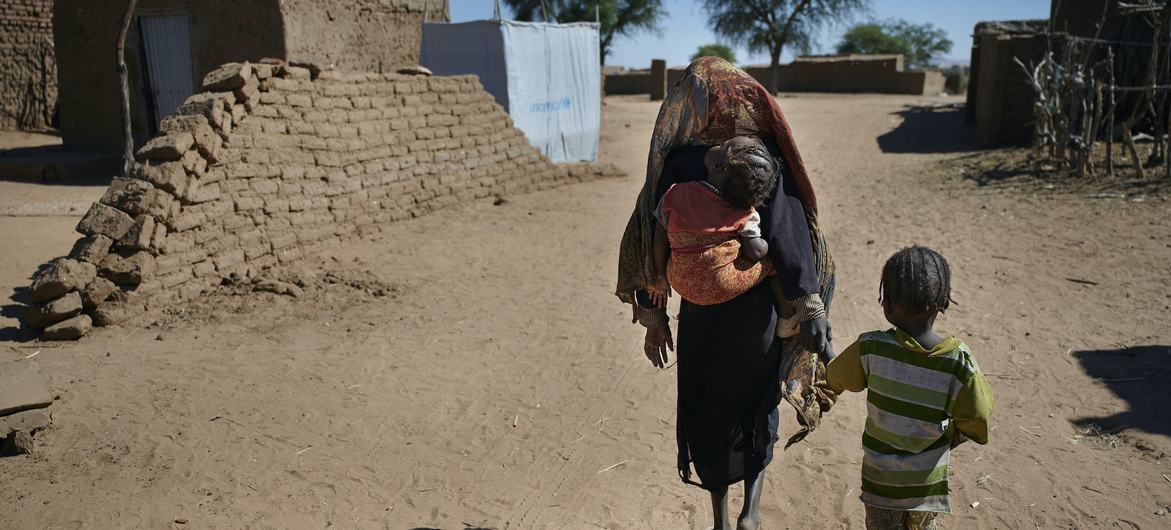
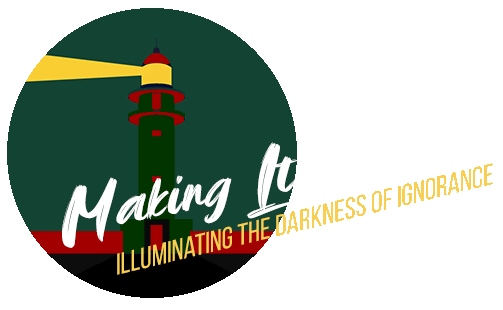
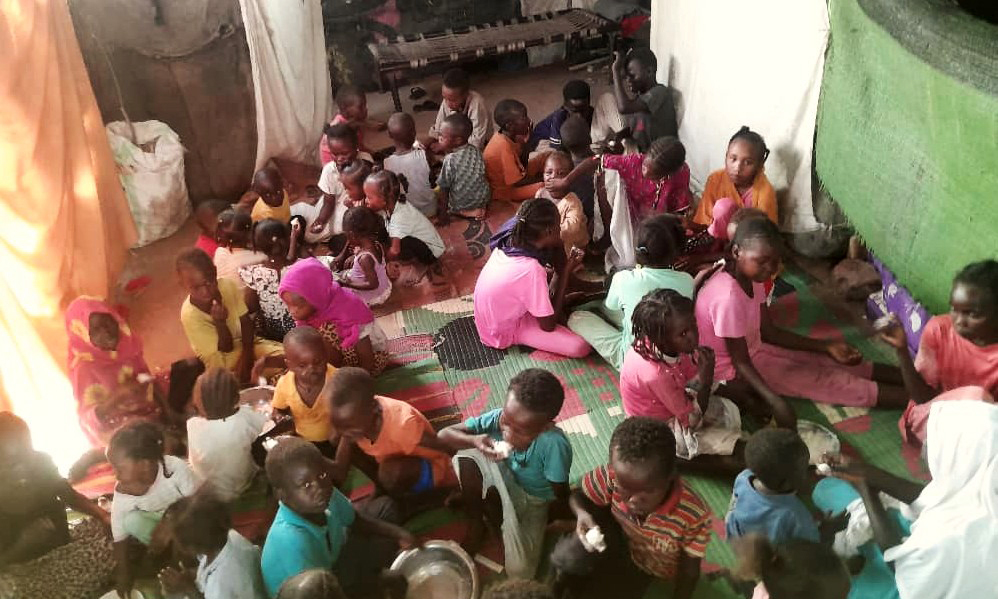
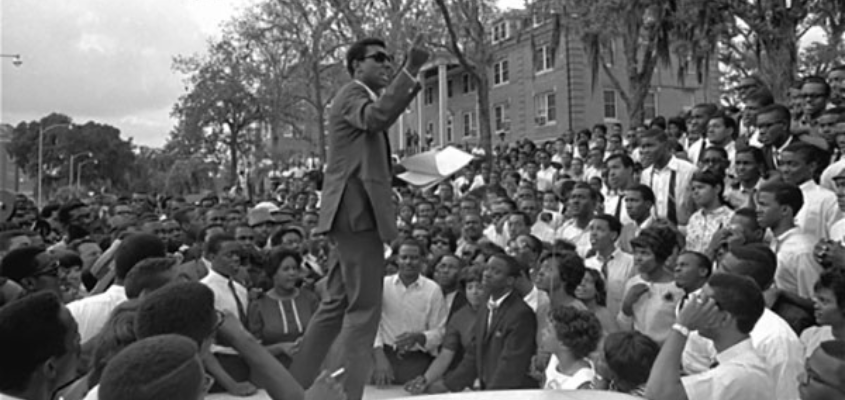
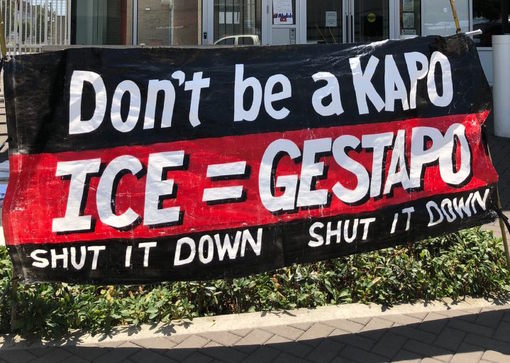
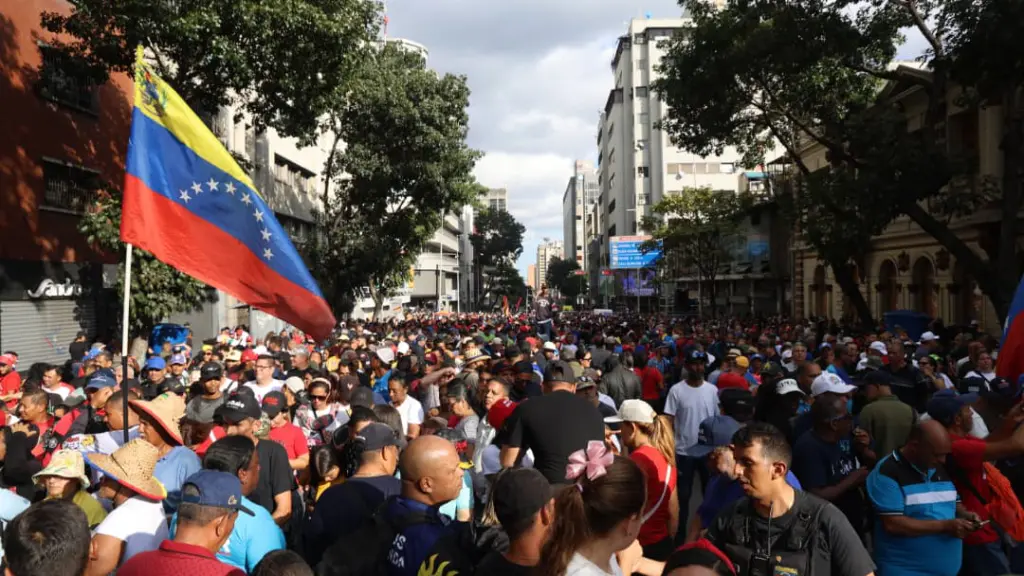
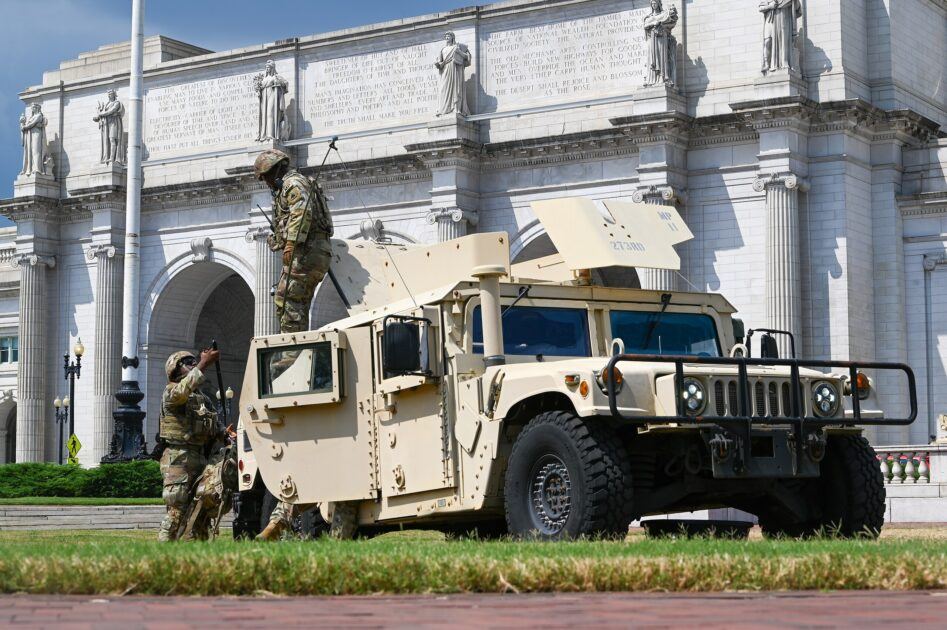

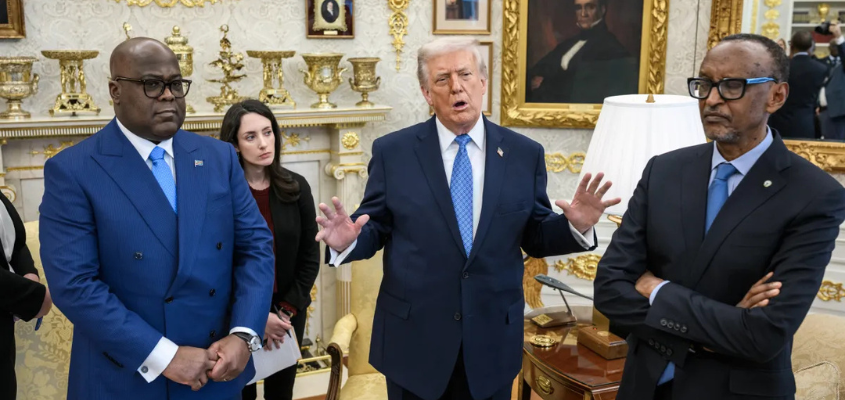
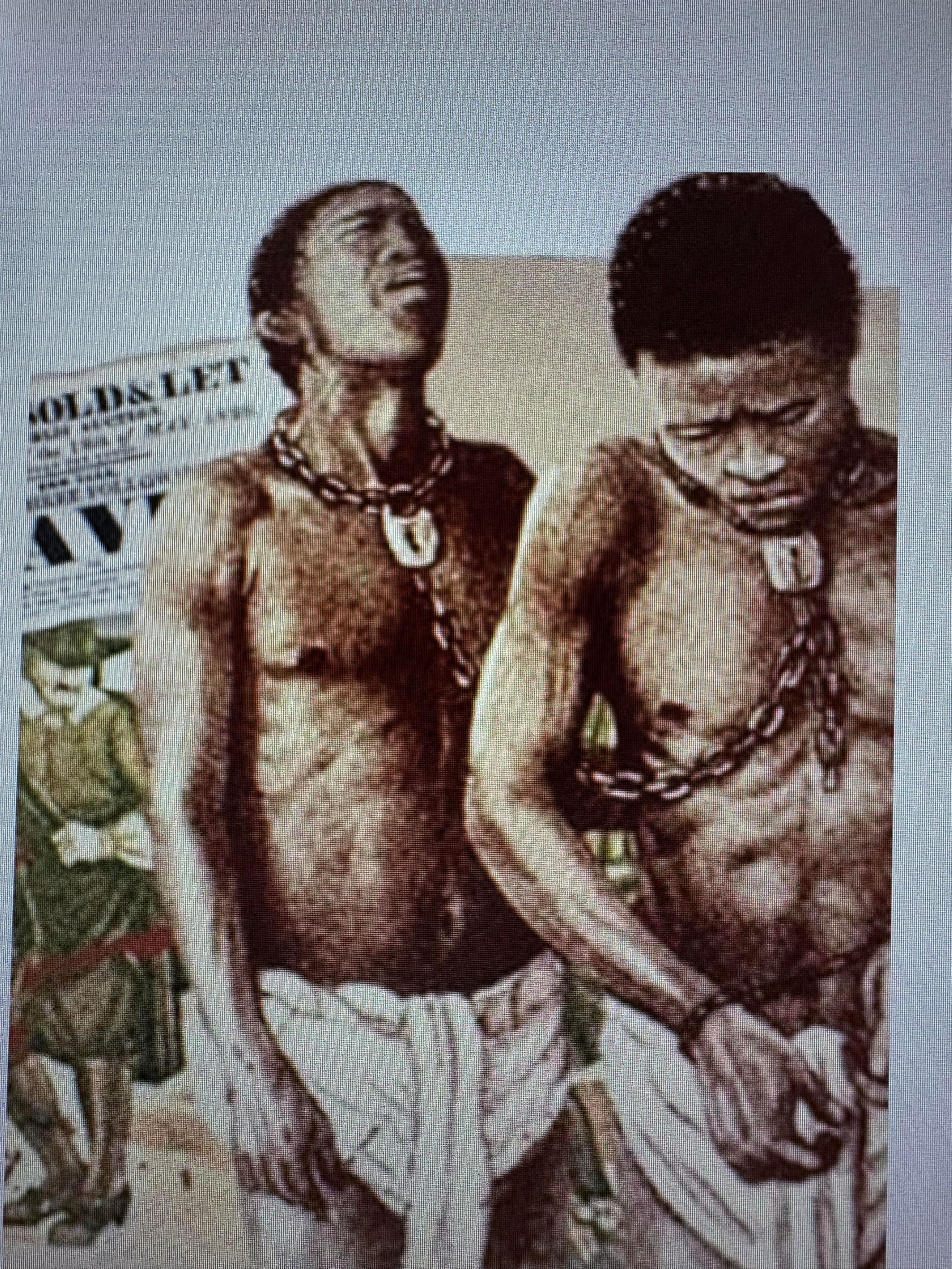

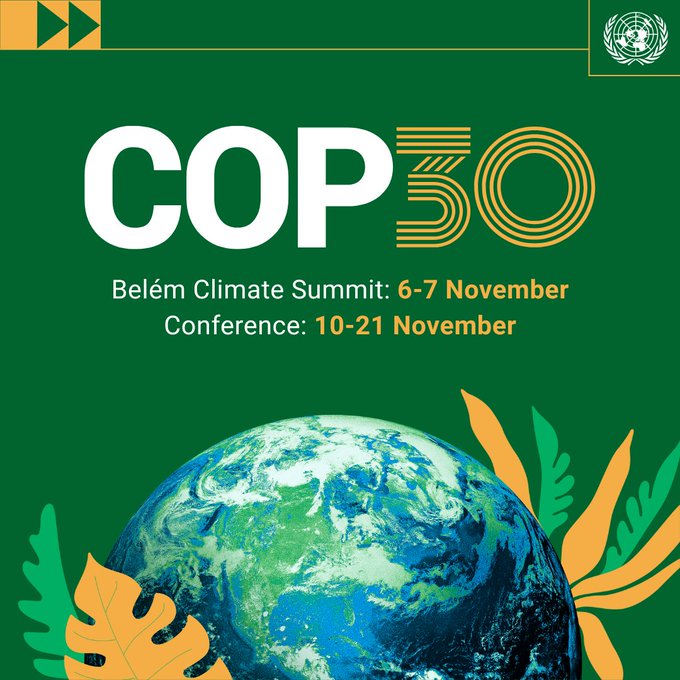

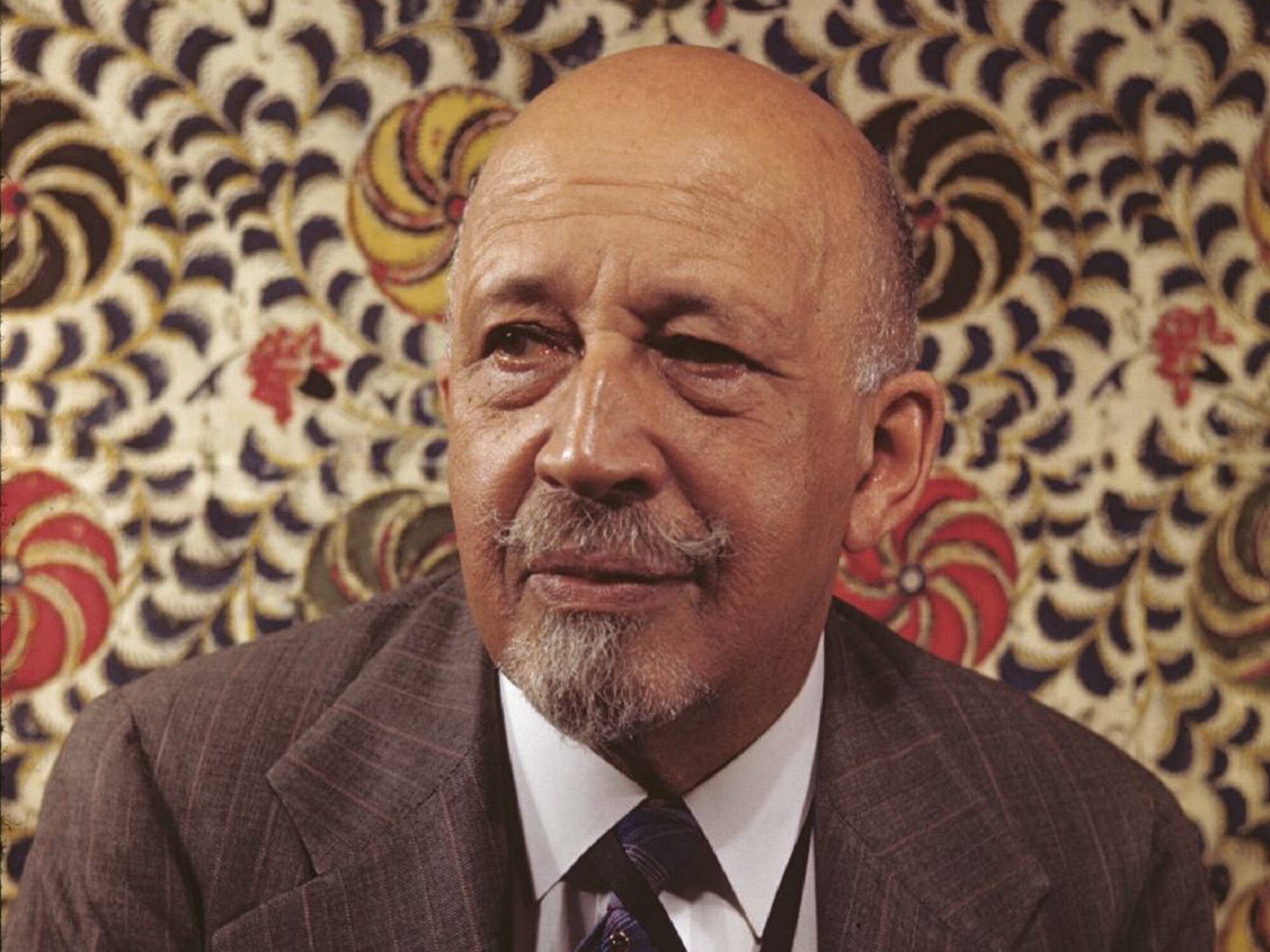

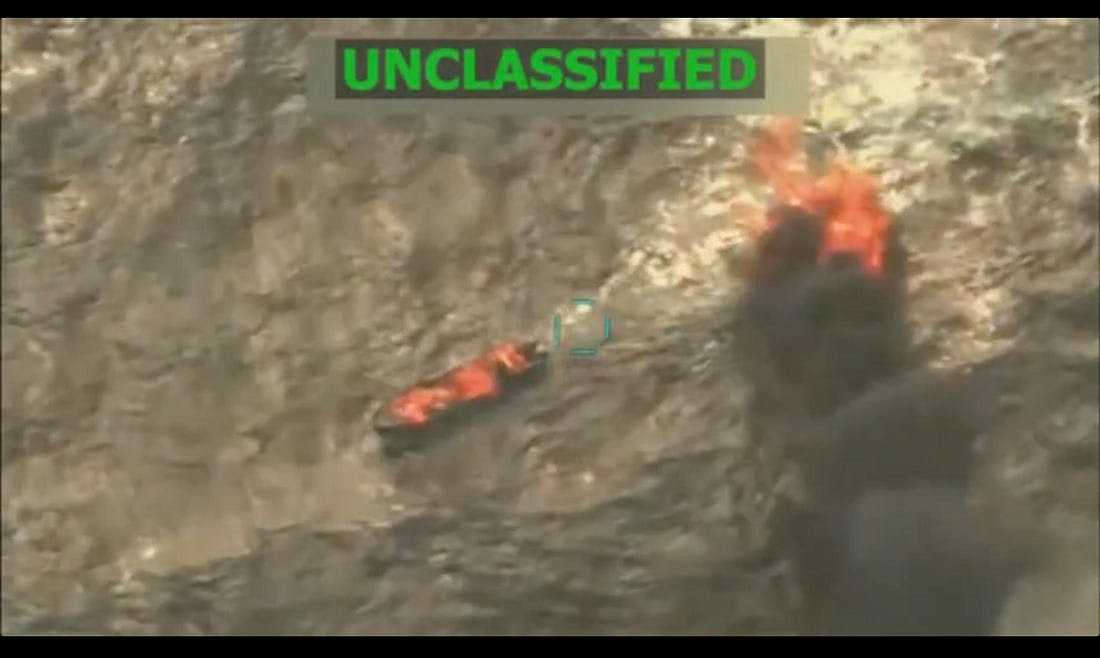

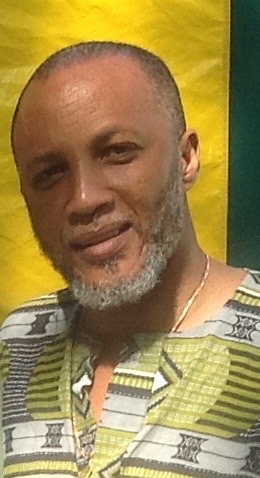
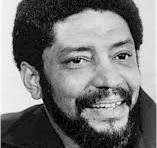
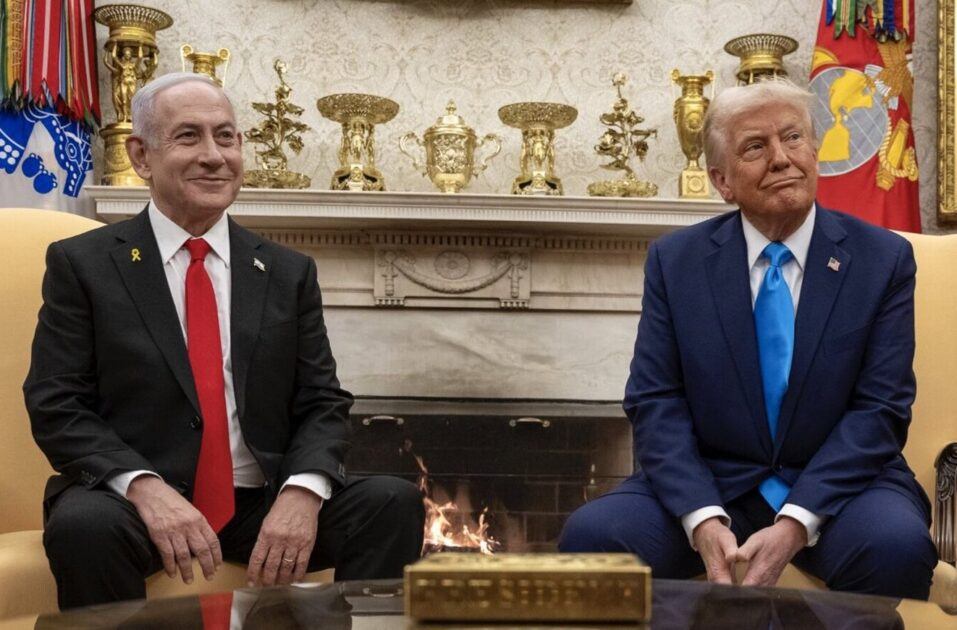
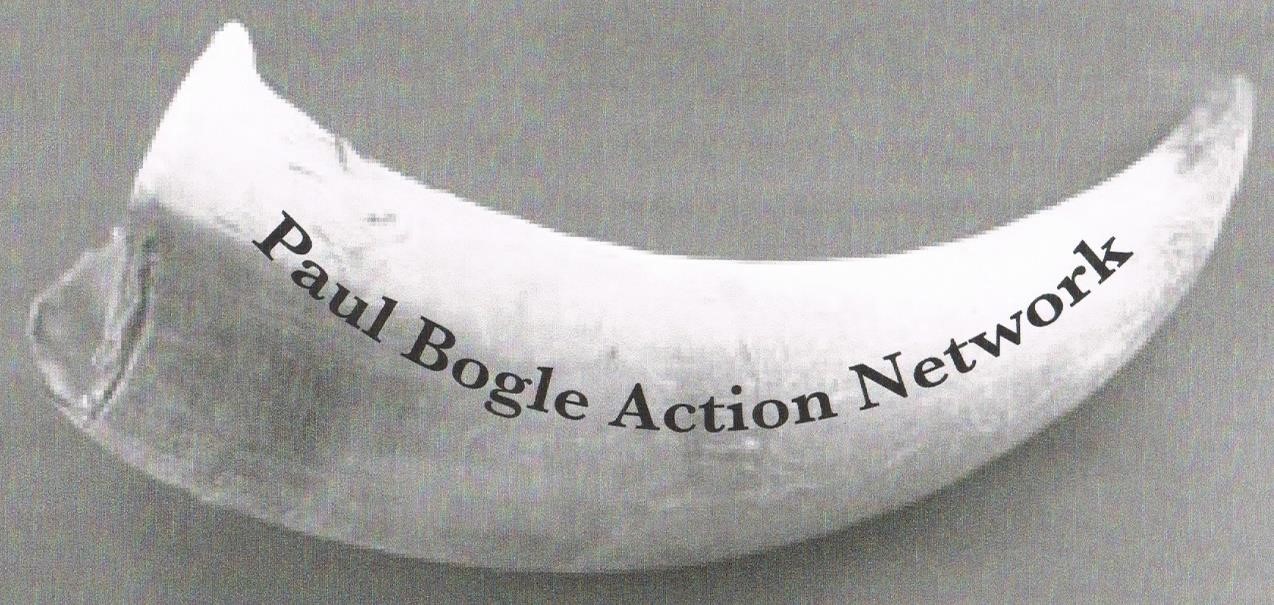
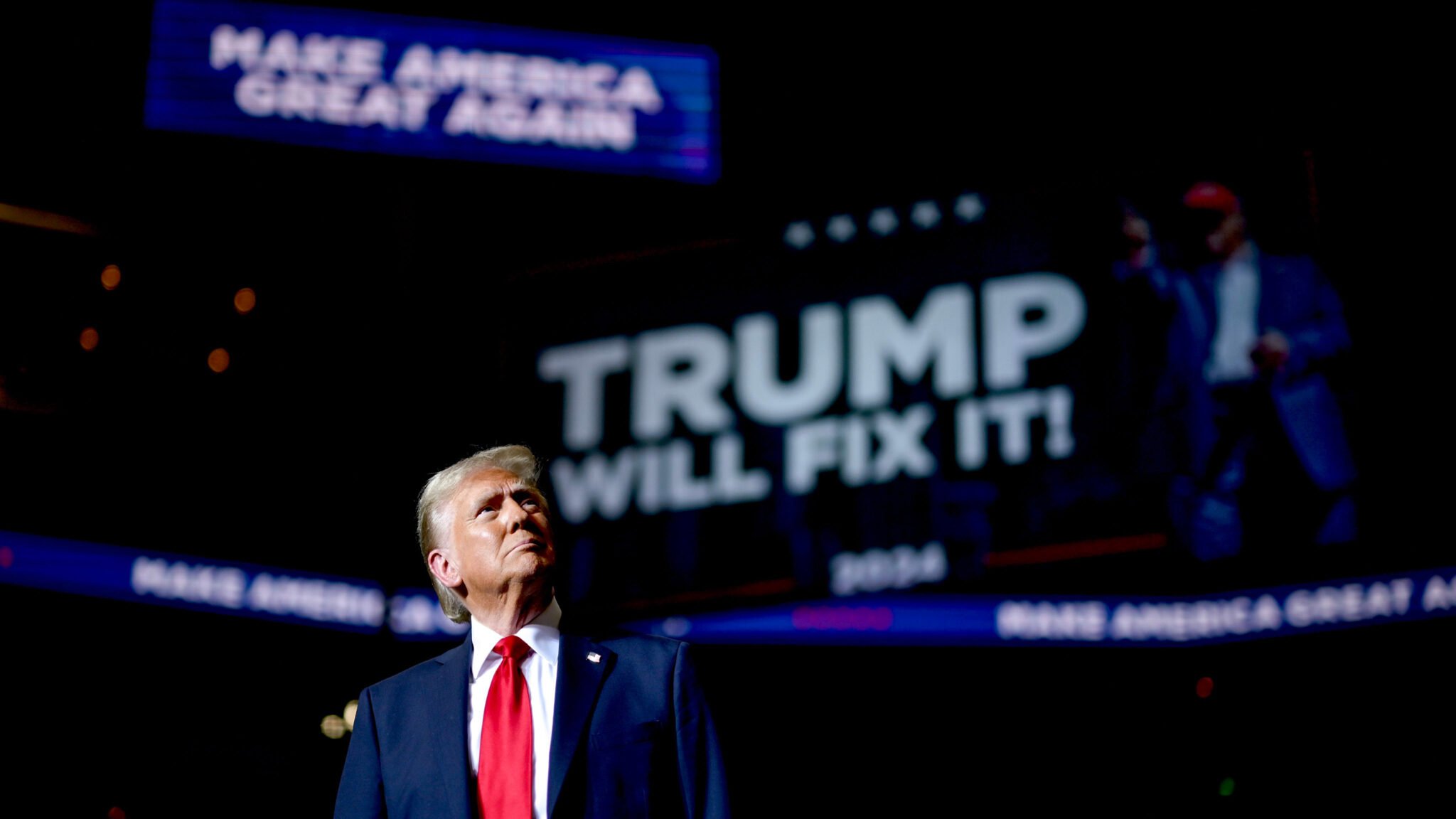
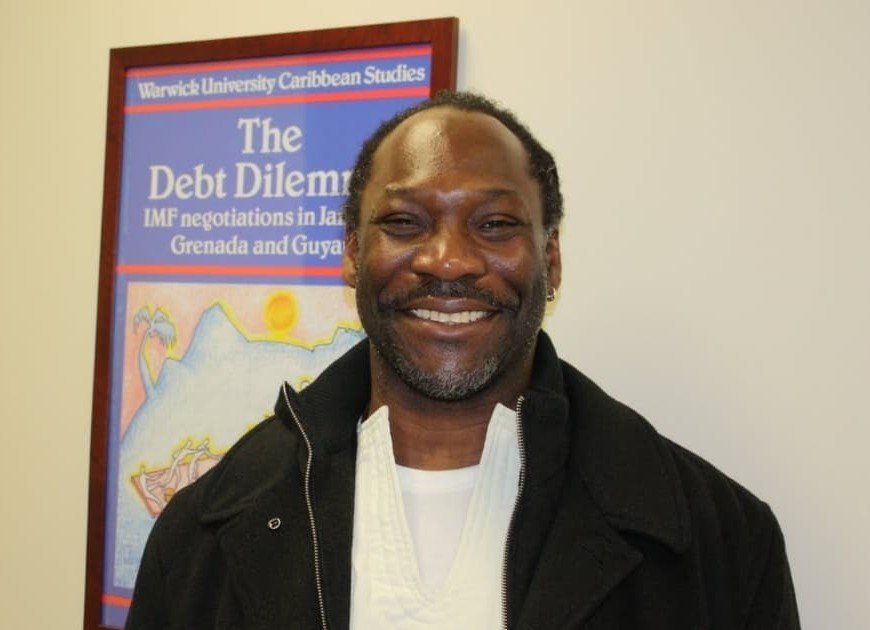
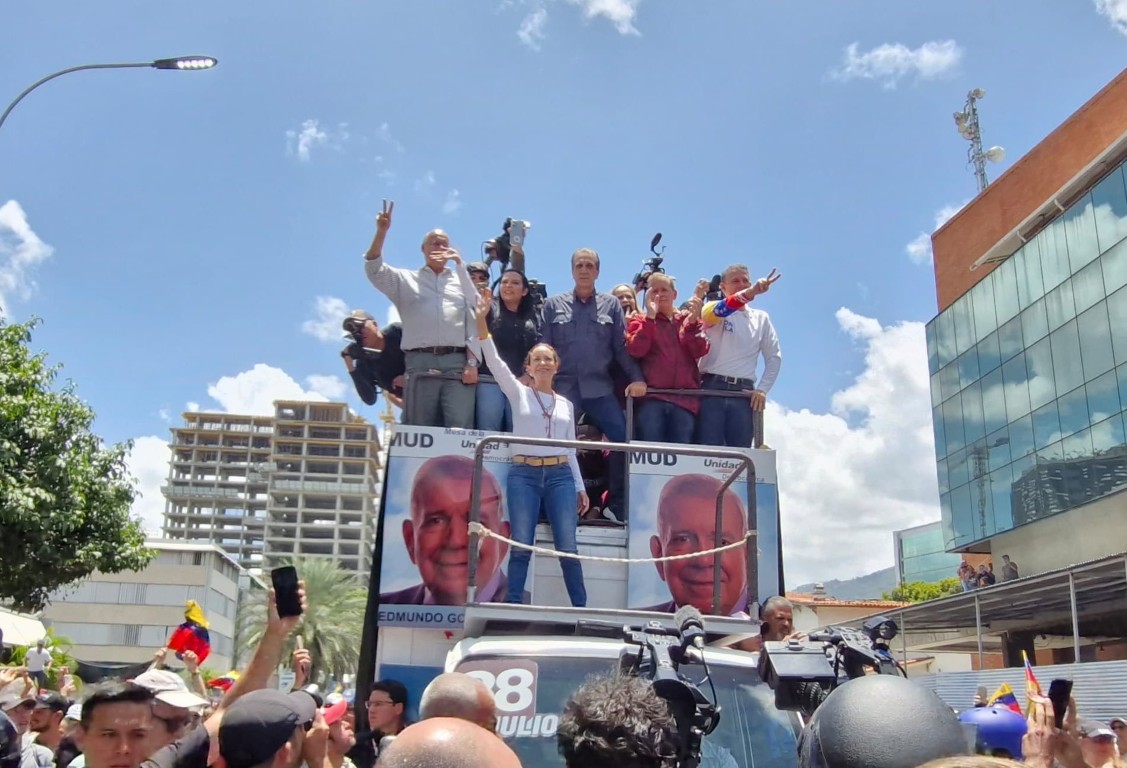
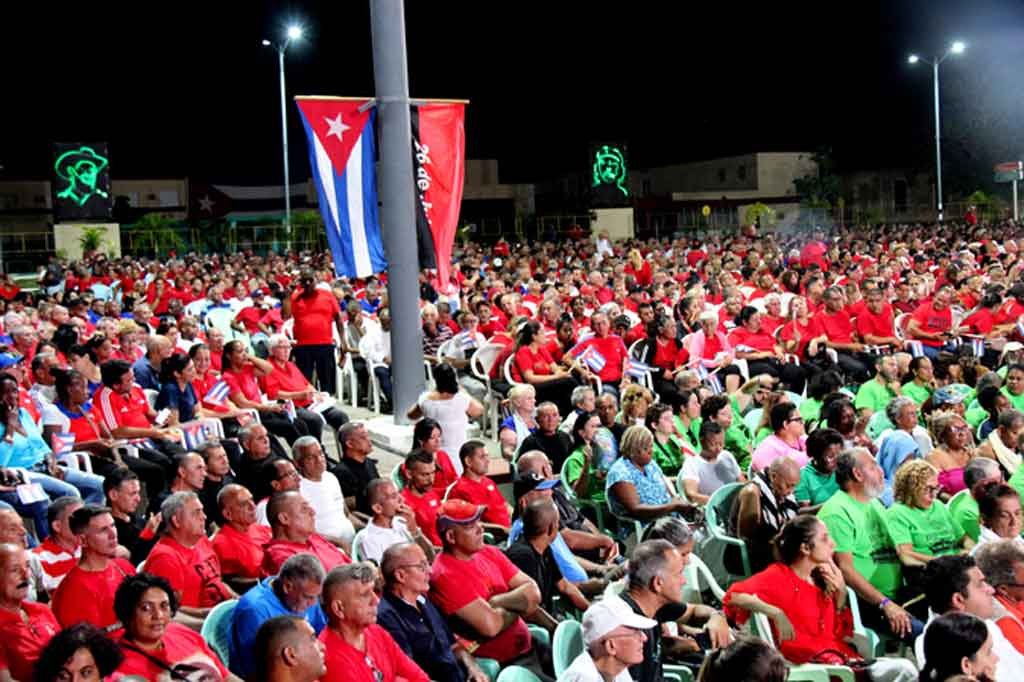
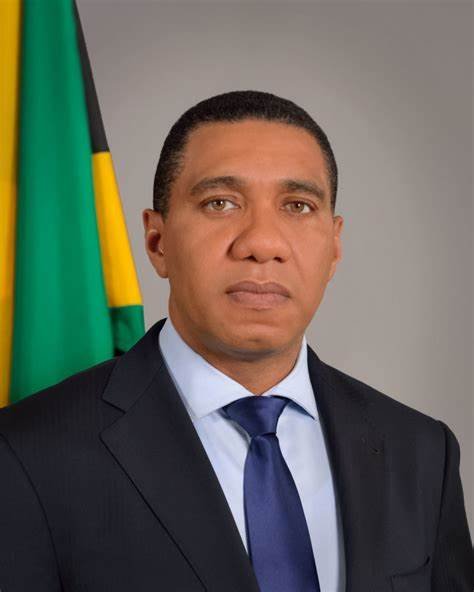

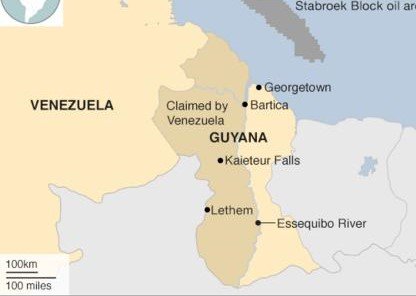
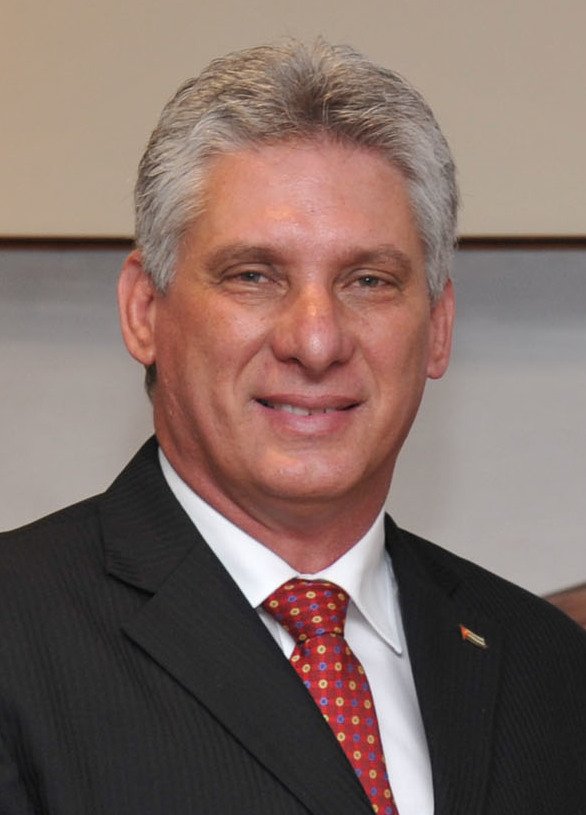
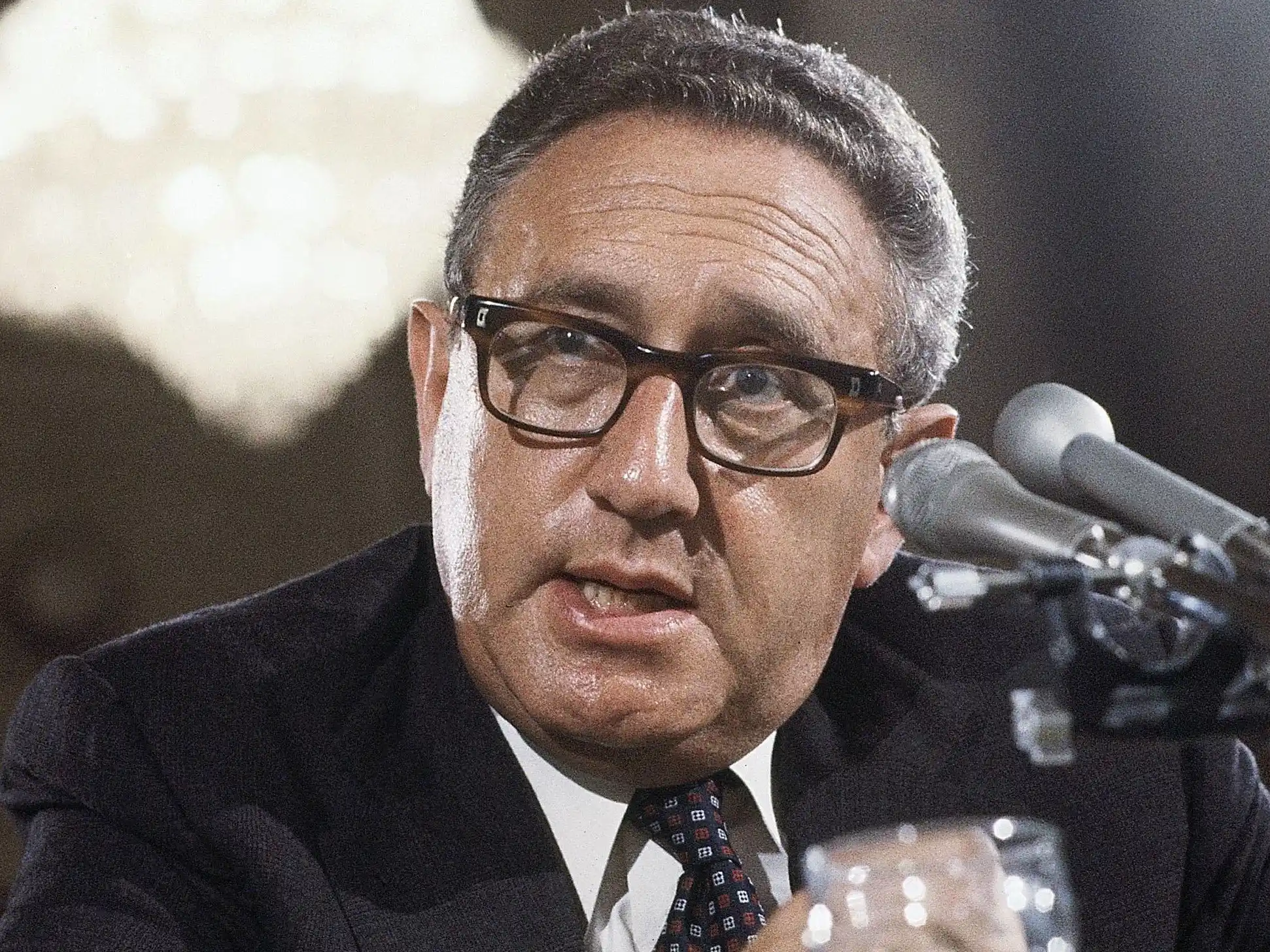
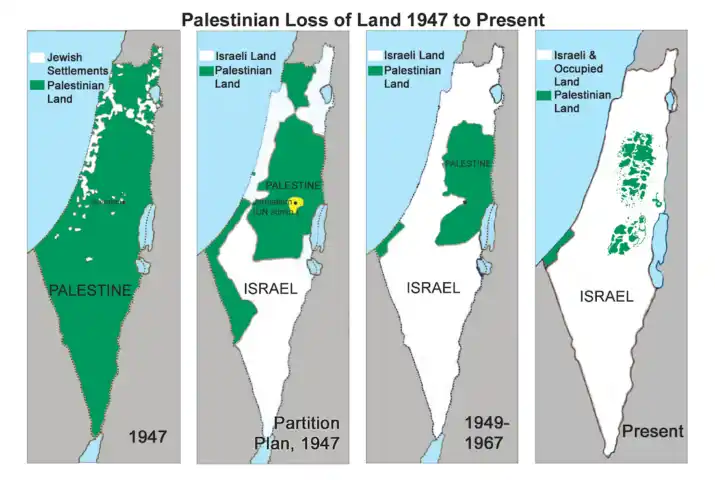
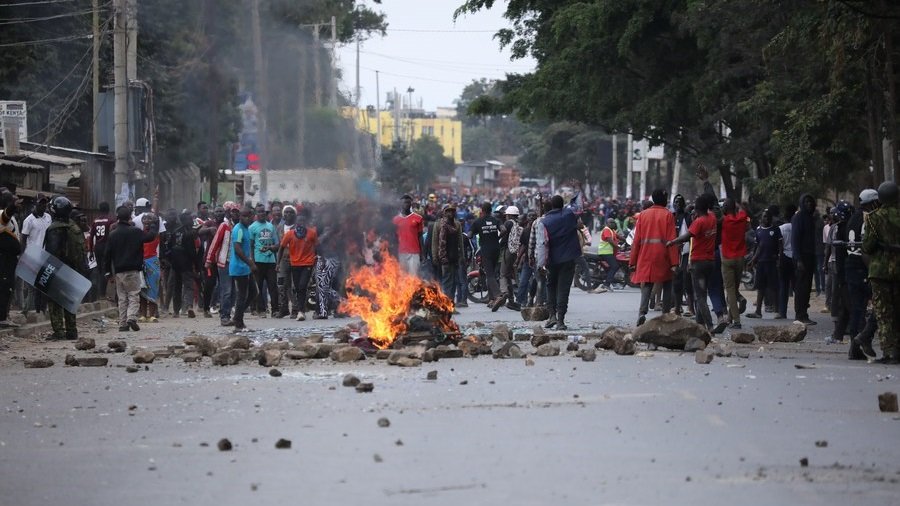
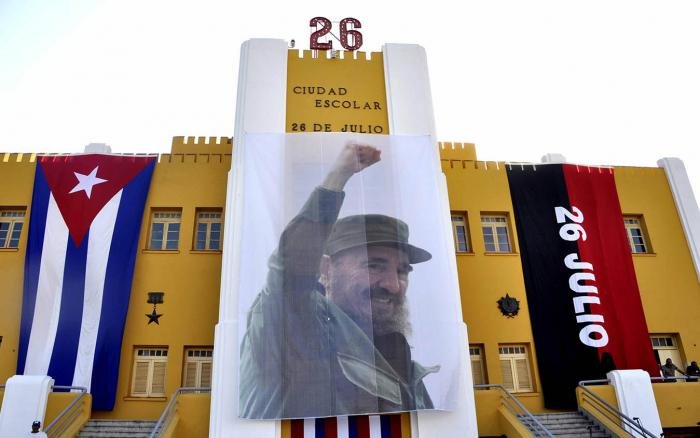
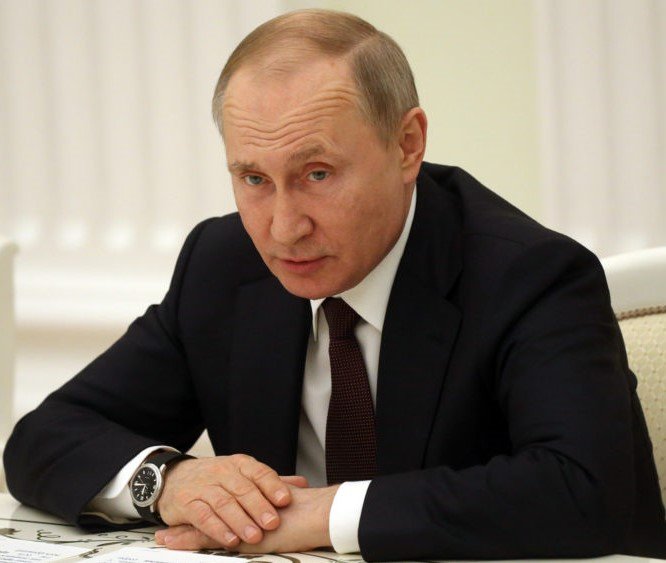
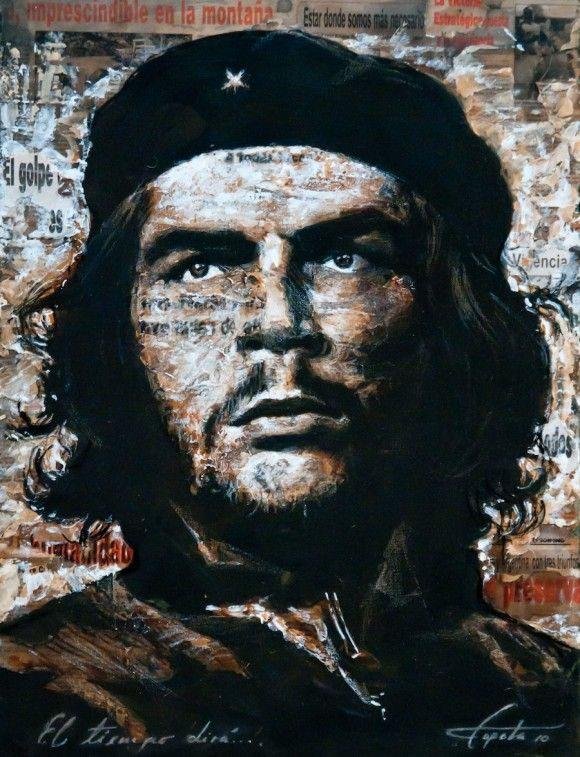
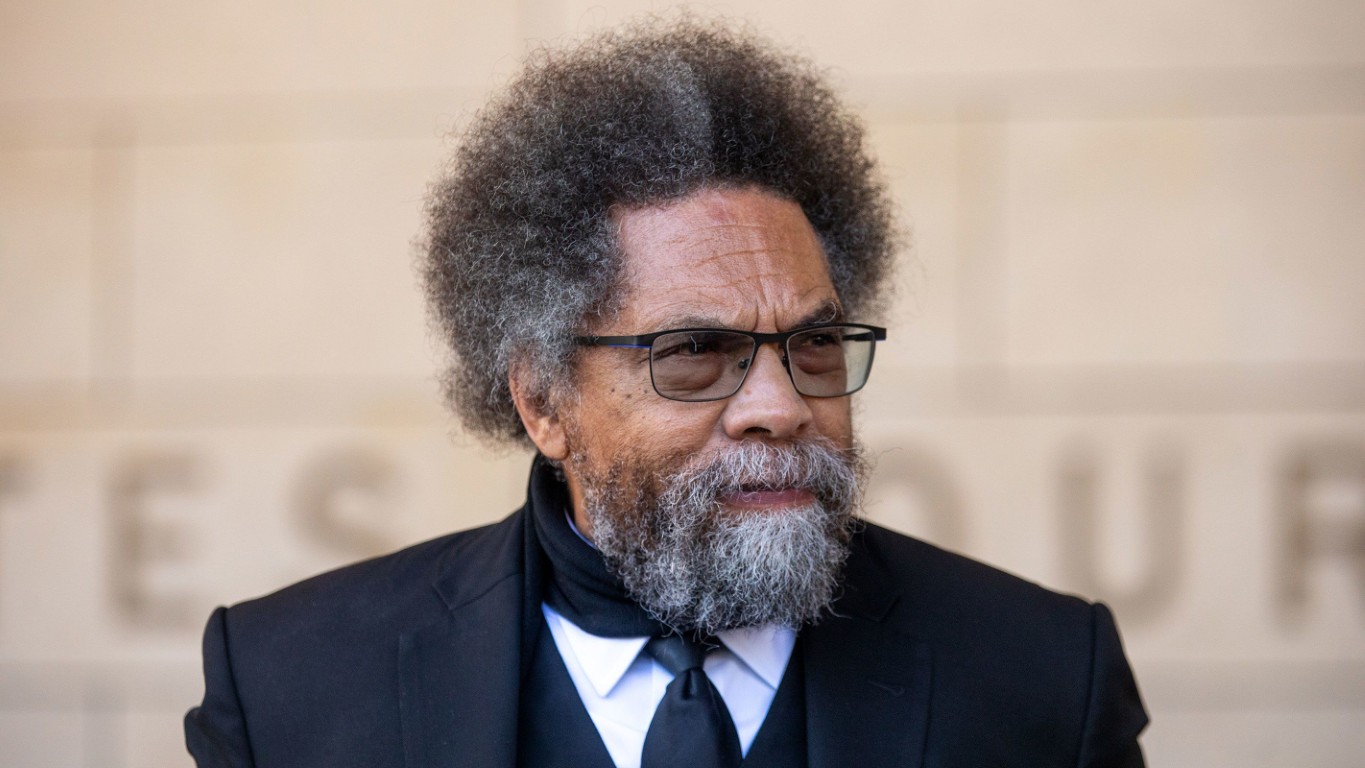
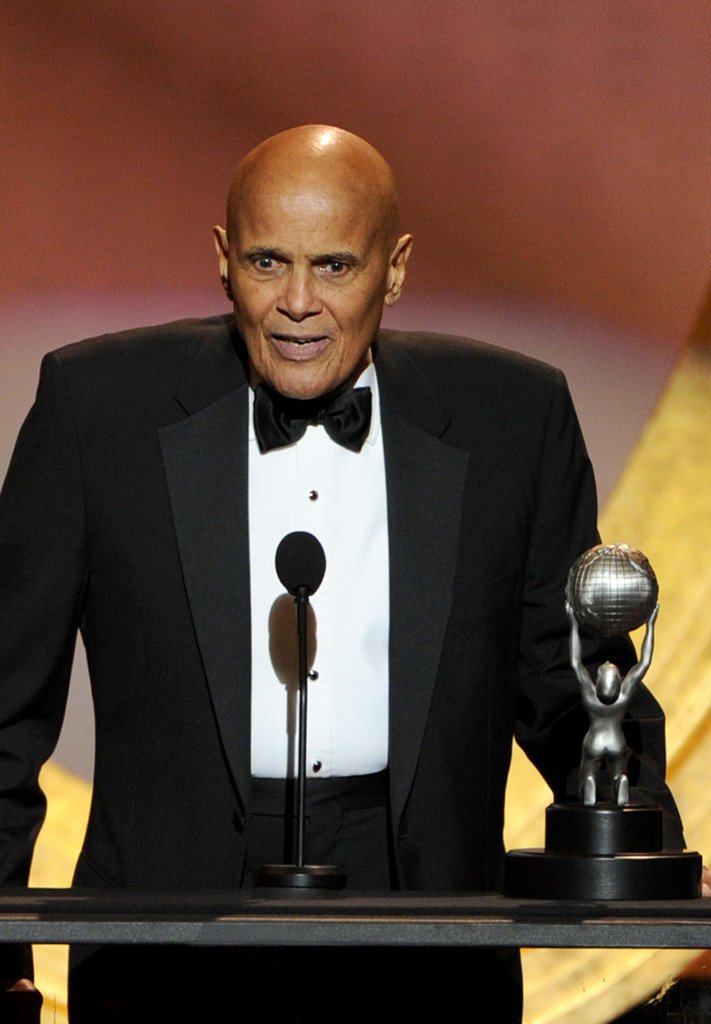
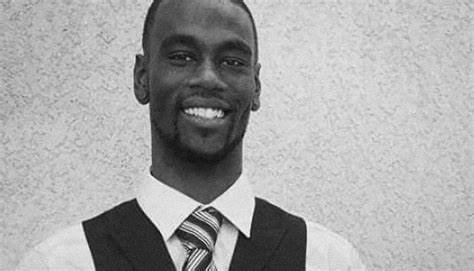
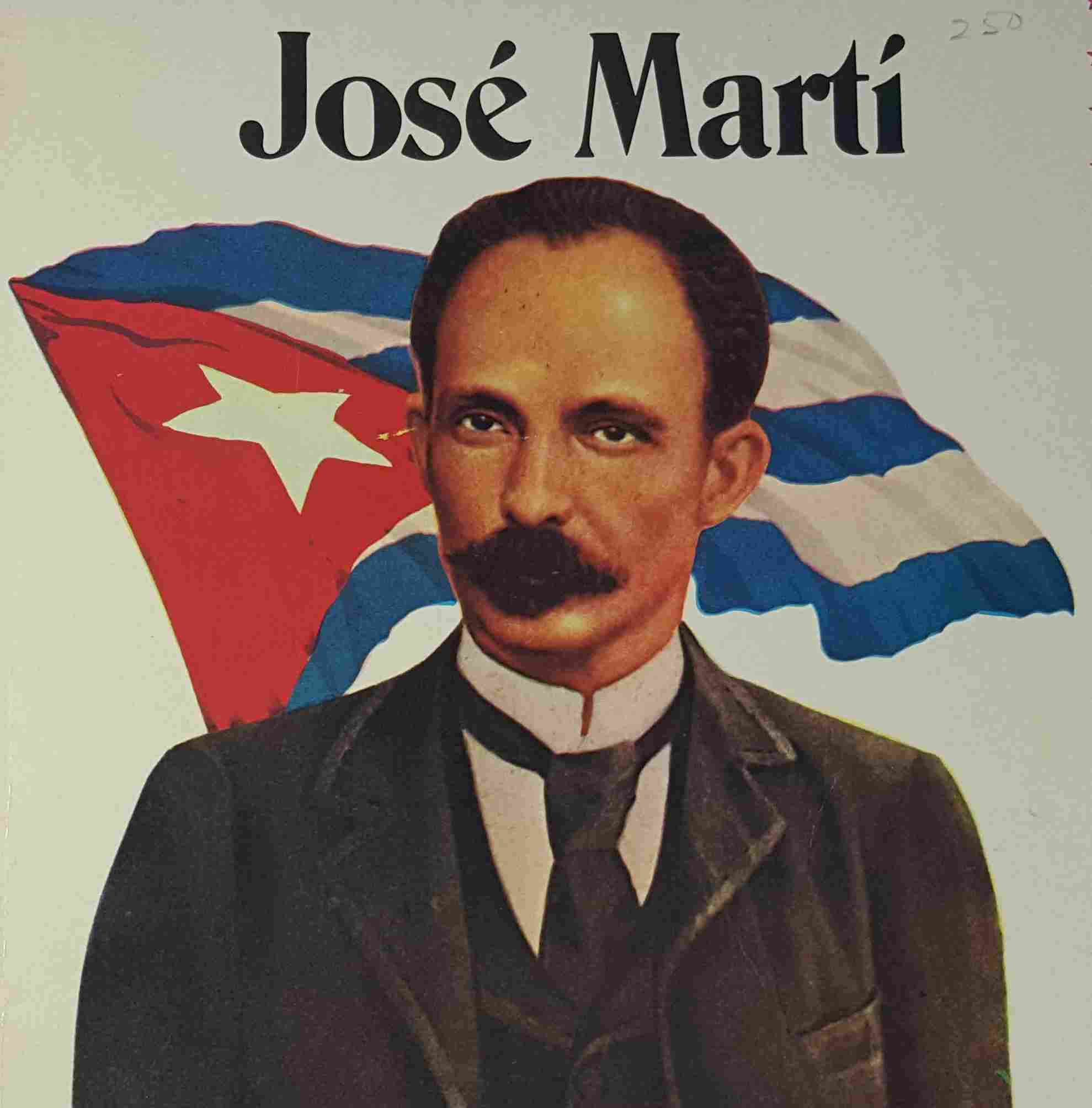
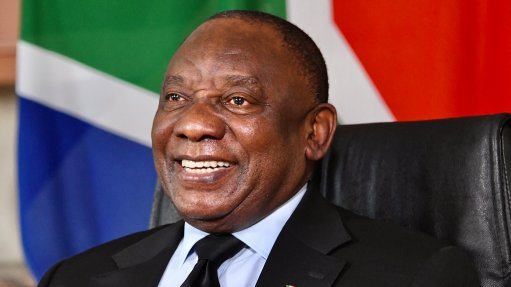
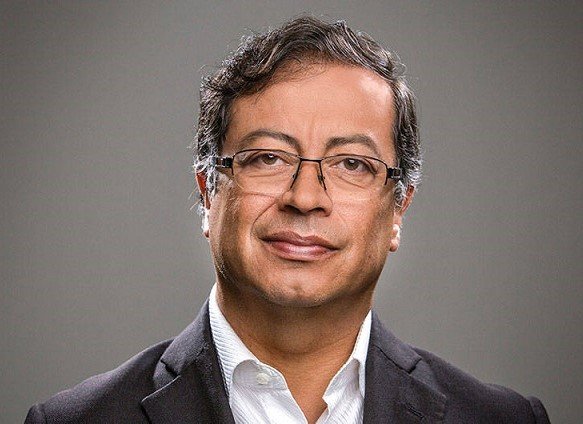

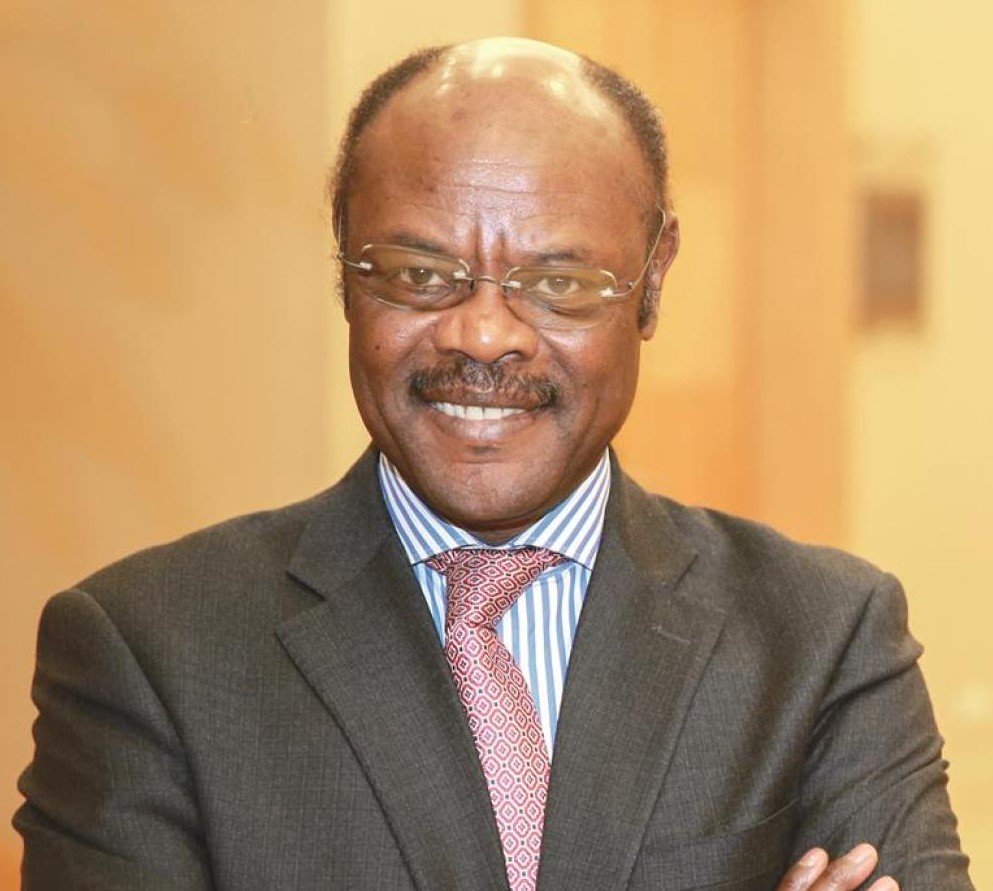
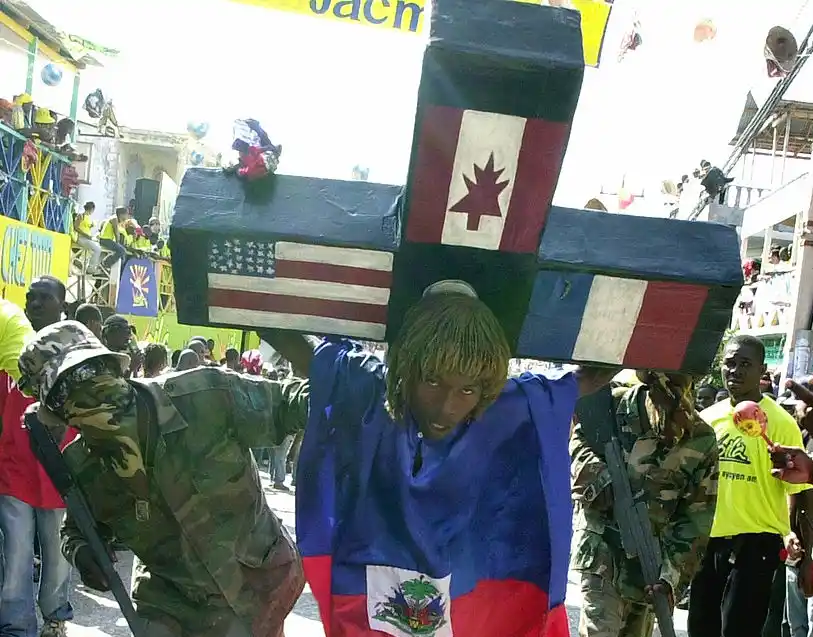
Share with your network